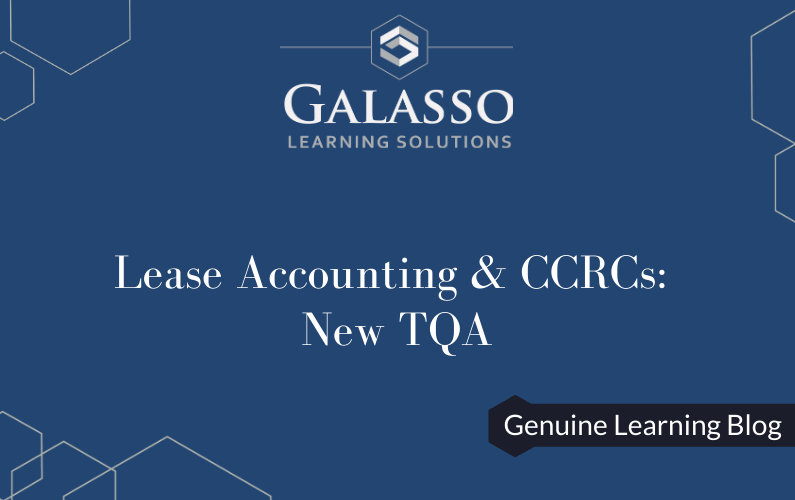2020 Report to the Nations
https://youtu.be/S83NcpsWbcQ Biennially the Association for Certified Fraud Examiners releases its Report to the Nations. The 2020 version provides insight into the type of fraud that were most common, who perpetrated the fraud and how they were caught. The report...
Fraud & COVID – A 2020 ACFE Report
https://youtu.be/LOyi7k9xqZ8 We all know that COVID is impacting businesses in more ways than one. Unsurprisingly, we've seen an uptick in fraud during the COVID era. The ACFE has issued its September 2020 report providing interesting insights into fraud during COVID...
Staff Augmentation ED
The AICPA’s Professional Ethics Executive Committee (PEEC) is re-proposing an interpretation for staff augmentation. This proposal would further limit the ability of firms to offer staff augmentation services. The proposal also offers two areas currently not addressed in the proposal as potential changes where PEEC is looking for additional feedback. Comments are due December 8, 2020.
Q3 2020 in Review
Each quarter we review what issued as final standards during the quarter. While the Genuine Learning Blog focuses on what’s coming down the pike and tries to encourage participation in due process, we also know its important to be aware of what get’s finalized. The blog looks at the items issued by the AICPA, FASB and GASB that will be effective in the near future.
Topic 606 – Franchisor Practical Expedient
If you thought we were done with Revenue Recognition and Topic 606, you would definitely be surprised to hear that the Financial Accounting Standards Board (FASB) issued an exposure draft this morning to address revenue recognition for franchisors by offering a practical expedient. This standard was foreshadowed in the discussion for ASU 2020-05 which delayed revenue recognition by one year for private entities. Comments are due November 5th.
Lease Accounting & CCRCs: New TQA
The AICPA has issued a Technical Q&A (TQA) titled Accounting for Lease Components in Type A Life Care Contracts by Continuing Care Retirement Communities. Issued August 2020, the TQA addresses common questions in the healthcare arena related to the application of lease accounting (Topic 842) for Type A Life Care Contracts. The TQA provides CCRCs with common considerations to determine whether there is a lease and if so, what the appropriate accounting would be. This has been a hot topic for the CCRC industry and many will be grateful to have some guidelines for accounting purposes which should reduce diversity in practice.
Virtual Currency – New Practice Aid
Cryptocurrency is becoming a more recognized transaction with more entities participating in this ecosystem. The AICPA has issued non-authoritative guidance on accounting and auditing digital assets. Current FASB does not have authoritative guidance in this area, so the practice aid addresses some common considerations. In addition, it addresses the questions firms need to address before accepting a client and provides procedures to ensure that digital asset risks are properly identified and an appropriate audit response is performed. We’ll take a high-level look at some of the considerations for those contemplating moving into this area.
Proposed Changes to Risk Assessment Standards
The AICPA has issued a proposed SAS to clarify and improve the risk assessment standards. For the past few years, the AICPA has focused its audit quality initiatives on risk assessment. Now that the IAASB has issued a final standard, the AICPA is proposing changes to align with the ISAs but also help firms better understand how to use risk assessment to plan and perform effective and efficient audits. This video blog covers the major changes in the standards. Comments are due November 25th.
Disclaimer: The information contained within this blog is provided for informational purposes only. Viewing this material does not qualify for CPE credit. Additionally, this general knowledge is not intended to substitute for obtaining accounting, legal, or financial advice from a professional accountant with specific knowledge of your organization. Finally, watching this blog and/or subscribing to the newsletter do not create an accountant-client relationship.











